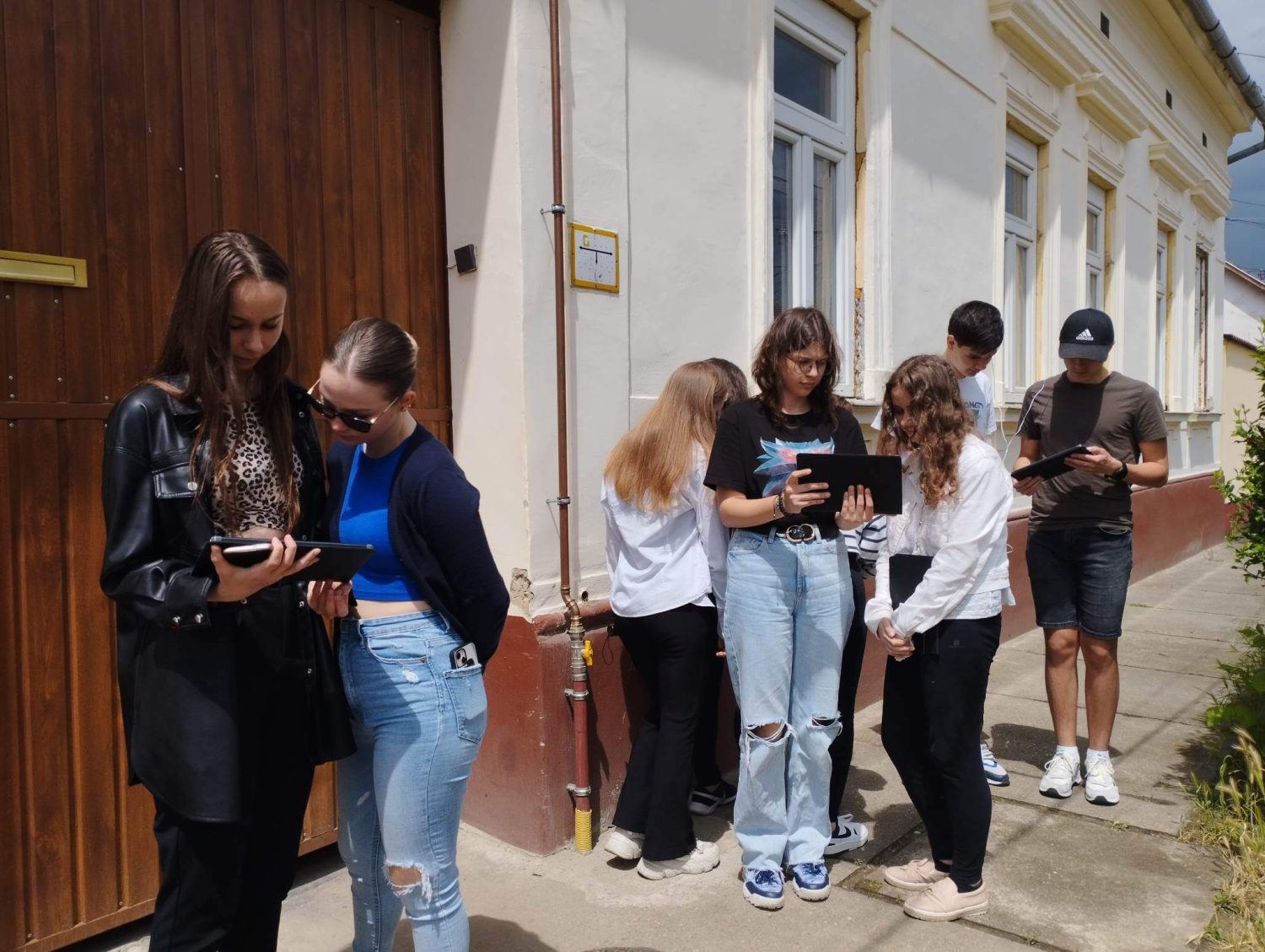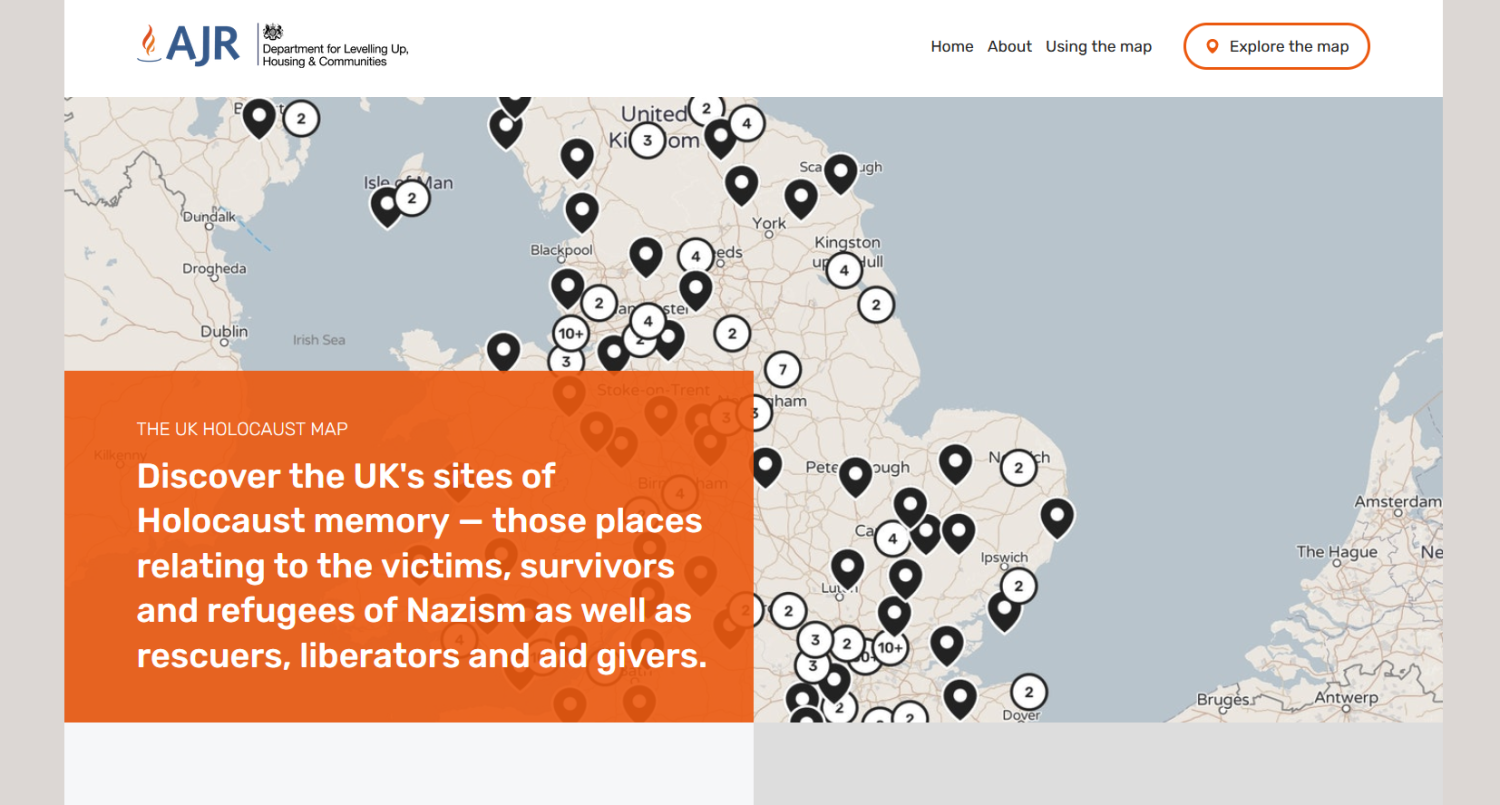
International conference held
This article is part of our series looking back at one year of implementation of the pledges made at the Malmö International Forum, Remember ReAct.
Fighting Antisemitism and Holocaust Distortion and Denial on the Digital Battlefield
The international conference “Fighting Antisemitism and Holocaust Distortion and Denial on the Digital Battlefield,” hosted in Ionnina, Greece from 7–9 October, has successfully concluded. The conference was hosted by the Greek delegation to the IHRA as a continuation of their Presidency’s focus on the fight against Holocaust denial and distortion online.
Politicians, academics and representatives of civil society, as well as representatives of the private sector, were among the participants, working together to analyze the problem of antisemitism and Holocaust denial and distortion online, and to propose ways to fight it.
Remarks by IHRA Chair Ambassador Ann Bernes
The Minister of Foreign Affairs, Nikos Dendias, addressed the Conference via a video-recorded message. The conference was also attended by, among others, the Mayor of Ioannina, Dr. Moses Elisaf, the Secretary General for Religious Affairs of the Ministry of Education and Religious Affairs, George Kalantzis, the Ambassador of Israel to Greece Noam Katz, IHRA Chair, Ambassador Ann Bernes (recorded message), the President of the Central Board of Jewish Communities in Greece, David Saltiel and the Head of the Greek Delegation to the IHRA, Georgios Polydorakis.
Read IHRA Chair Ambassador Ann Bernes’ remarks below:
Dear Excellencies, colleagues and friends,
It is an honor to address you in my capacity as Chair of the International Holocaust Remembrance Alliance and to do so in relation to the crucial topic of this conference.
Holocaust distortion, disinformation – as well as denial – form a pattern that is becoming more and more prevalent in all kinds of contexts and across the ideological spectrum.
In response to this, the United Nations General Assembly, earlier this year adopted a Resolution which condemns Holocaust denial and distortion and states that Holocaust denial in its various forms is an expression of antisemitism.
The UN Resolution also commends the work of the IHRA – and given that we are the only intergovernmental organization focused solely on issues related to the Holocaust and the genocide of the Roma, we have been looking into disinformation and lack of information about the Holocaust ever since we started our work in the year 2000.
Our efforts have included the development of a working definition on Holocaust denial and distortion which was put into practice in 2013, and which has been used ever since.
Concrete tools, like the definition, are important in an era where we – all through the last years – have seen Holocaust distortion take on a whole other dimension than previously – undermining the facts of history and in many cases also instrumentalizing history in distorted ways, to serve the agenda of the sender.
A recurrent pattern is that those who distort the Holocaust also, often, try to call into question the importance of the major lessons of that era, namely that pluralistic democracy based on the rule of law is the only system of government that stands a chance at guaranteeing human rights effectively.
This is also why distortion so often feeds into anti-democratic, extremist, antisemitic, nationalist and polarizing narratives, movements, actions and policies.
Countering distortion therefore means making sure that our pluralistic democracies can withstand such threats, including by addressing the spread of Holocaust distortion and antisemitic messages on the internet and on social media.
Against this background, it is encouraging that several of the pledges presented at the Malmö International Forum a year ago illustrate efforts to limit or remove incitement to hatred and violence, and antisemitic content online.
The Swedish IHRA Presidency is promoting the momentum created by the Malmö Forum, by following up on the pledges, and by communicating good and inspiring examples.
It is good to know that none of us is alone in this struggle. The UN Resolution that I mentioned earlier was adopted by consensus. This means that all our countries are in this together and that we are all urged to make efforts to counter Holocaust distortion.
As for the IHRA, we are 35 Member Countries with an extended partnership consisting of both Observer Countries and organizations like the United Nations, UNESCO, the European Commission, the Council of Europe and the OSCE/ODIHR.
Together, we are promoting and supporting the international consensus that we now have around the importance of addressing distortion and of protecting the facts. Both offline and online.
Let me finish by wishing you a fruitful conference that takes our collective efforts even further.
Sign up to our newsletter to
receive the latest updates
By signing up to the IHRA newsletter, you agree to our Privacy Policy



